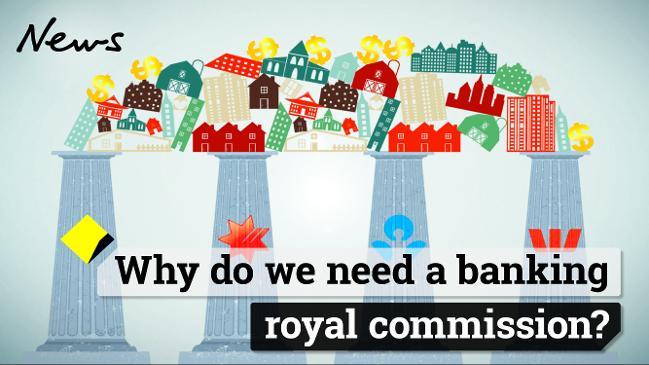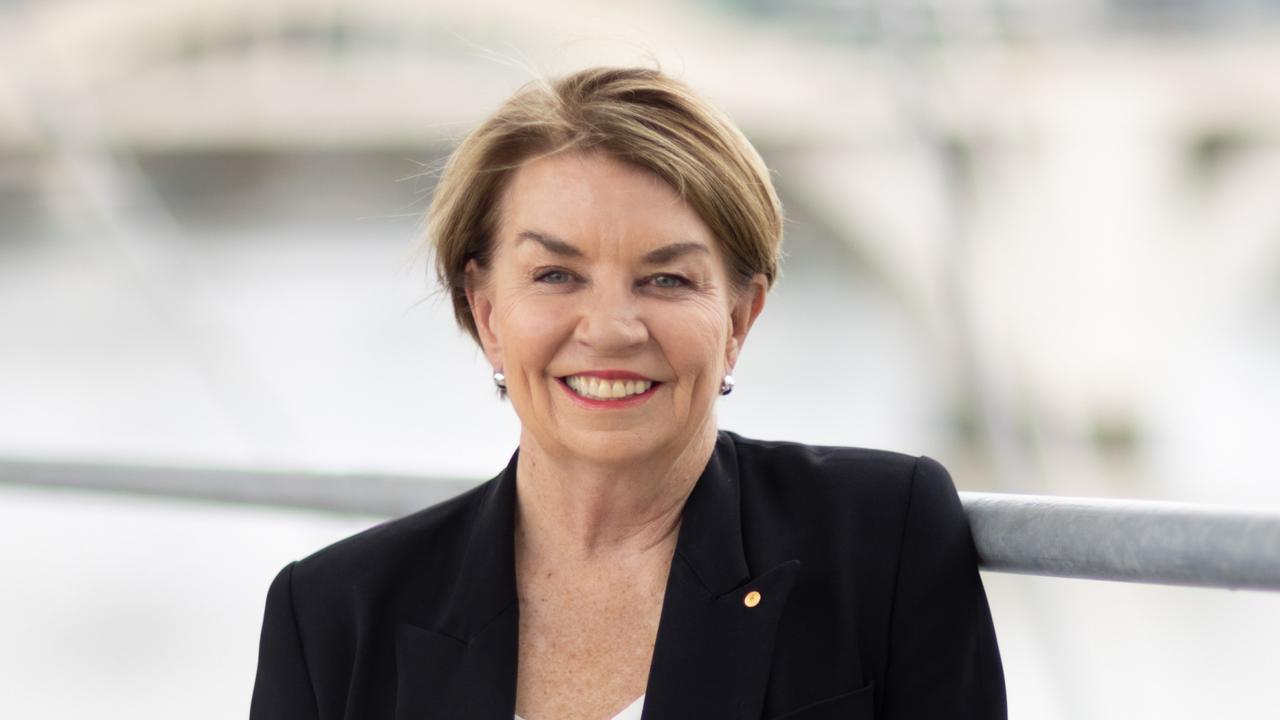Investors pile on banks with first strikes
Three of Australia’s big four banks face the very realistic prospect of a spill vote during next year’s AGM season after shareholder revolts over executive pay.

Three of Australia’s big four banks face the very realistic prospect of a spill vote during next year’s AGM season after shareholder revolts over executive pay.
Investors in NAB and ANZ have followed those at Westpac by delivering a first strike against their remuneration reports, leaving all three in danger of a second strike and potential spill in 12 months’ time.
Only Commonwealth Bank, on a different financial calendar to its peers, escaped the carnage.
Wednesday’s protests weren’t entirely unexpected after Telstra, Tabcorp, Harvey Norman and others copped strikes in an unusually tumultuous AGM season, but their scale delivered a sharp shock to banks already reeling from royal commission grillings, falling share prices and faltering profit growth.
Last week’s 64 per cent vote against Westpac’s remuneration report had seemed enormous until NAB shareholders smashed that record with a revolt of more than 80 per cent.
ANZ’s own protest — with a third of shareholders opposing the adoption of the remuneration report — paled in comparison, but it was still more than 25 per cent and a first strike nonetheless.
Grilled for more than three hours by shareholders over issues including falling share prices and a dividend that has not been raised since 2013, NAB chairman Ken Henry said the bank would go back to the drawing board after many felt chief executive Andrew Thorburn’s 32 per cent pay cut did not go far enough.
Mr Thorburn was still paid $4.375 million and Dr Henry acknowledged that “the quantum of remuneration” was a factor.
“The board is hearing loud and clear that our new scheme is not right. We tried, but we got it wrong,” Dr Henry told shareholders in Melbourne. “We are listening to you. We will try again.”
Over in Perth, the tone from ANZ chairman David Gonski was less contrite but the message was the same.
“The board acknowledges the very real concerns of those who have voted against the report and I assure you we will continue to work hard in 2019 to ensure further alignment between compensation and shareholder interests,” Mr Gonski told ANZ’s AGM.
Dr Henry and Mr Thorburn apologised again for NAB’s part in industry misconduct he said had “appalled” him when it was heard by the royal commission, but shareholders seemed more upset about the value of, and return on, their investments.
Once investors pointed out that NAB shares were once the most expensive of the big four at $32 as recently as 2003, but after a series of ill-considered investments — some of which Mr Thorburn has been trying to clean up — are now the cheapest at less than $24.
Dr Henry said NAB had decided to overhaul pay before the royal commission heard widespread instances of wrongdoing from NAB and its peers, having identified the possibility it was “encouraging short-term thinking and value-destroying behaviours”.
NAB’s shares have fallen 22 per cent this calendar year and are at a six-year low.
“We’re in a bad place,” Dr Henry said. “We’re sorry we’re in a bad place.”



